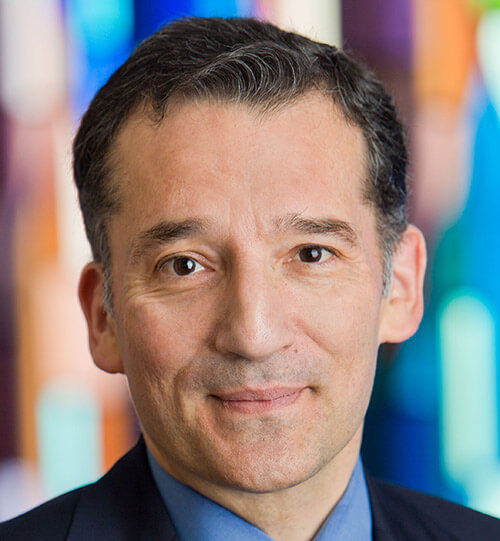How death came to dinner
A couple of years ago at a REBOOT summit in the beautiful mountains of Park City Utah, we (Michael Hebb and Sharon Brous) sat down for a drink. Michael shared the story of a mysterious and unfamiliar feeling of connectedness he experienced the moment of his father’s death when he was a child, and Sharon, a rabbi, said that she had heard many such inexplicable stories from congregants and friends in moments of loss. Michael spoke about the project of his life – a collaboration with his partner Angel Grant – www.DeathOverDinner.org – an effort to facilitate conversations about death… over dinner. After launching the website in 2012, nearly 250,000 death dinners had already taken place across the world, empowering people – young and old, healthy and ill – to talk about the most important and difficult topic – death.
We talked for hours about the desperate need to speak frankly and soulfully about death, and the great void in our lives when this conversation is left until it’s too late. We both agreed that Jewish resources on death and dying were not easy to come by, and it was all too rare to find opportunities to talk about Jewish approaches to end of life matters, Jewish tools to hold grief and the survival of the soul.
The next day, we convened a session to see if others were as interested in this topic as we were. Participants filled the room, tears filled all of our eyes, and we collectively agreed that we needed to do something to help make it easier to have this critical conversation.
We and our team have spent the past year speaking with rabbis, theologians, doctors and palliative care experts, and curating the finest materials we could get our hands on for folks to read, watch and listen in preparation for their dinners. We thought about the best prompts from the Jewish tradition – Talmudic texts, Rabbinic wisdom, song lyrics and poetry – that would open up the conversation at the table. We designed this site to be the beginning of a conversation, not the end. We hope that your dinner will only open you up to deeper learning and engagement.
Why the dinner table? We have found that the dinner table is one of the most forgiving places for difficult conversations. The ritual of breaking bread slows us down, creates warmth and connection, and puts us in touch with our humanity.
So we raise a generous glass to you and your loved ones and humbly submit Death Over Dinner- Jewish Edition, a collaboration between Death Over Dinner, IKAR and Reboot. It is our hope that this project helps change the conversation about how we prepare for and spend our final days, and inspires us to live with more intention and gratitude.
Michael Hebb and Rabbi Sharon Brous
Photos by George Barberis
Advisors
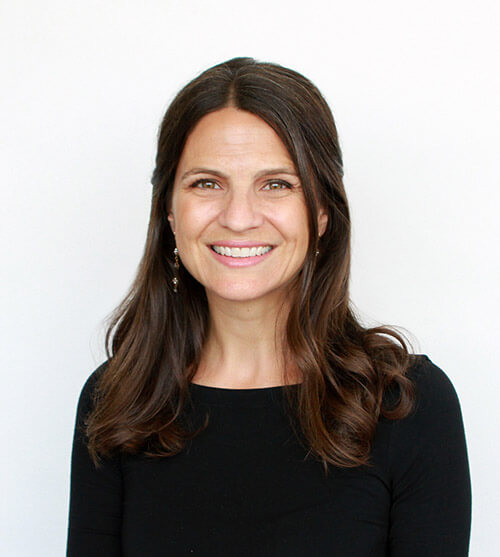
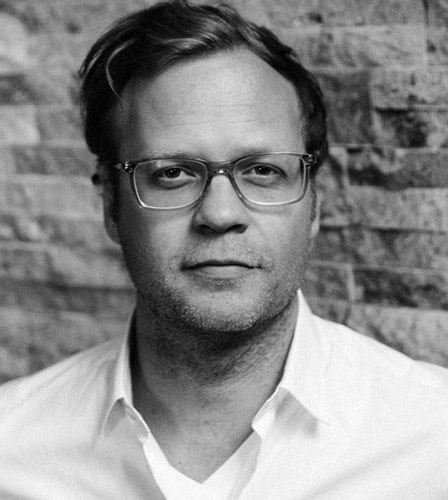
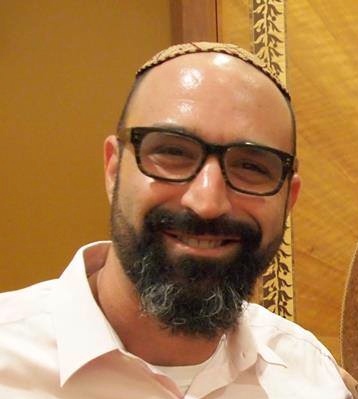
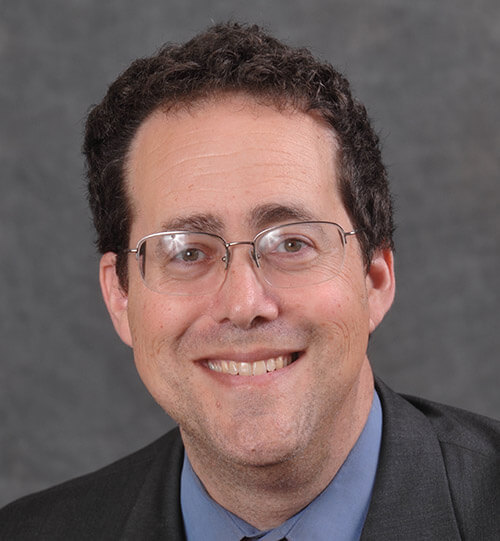
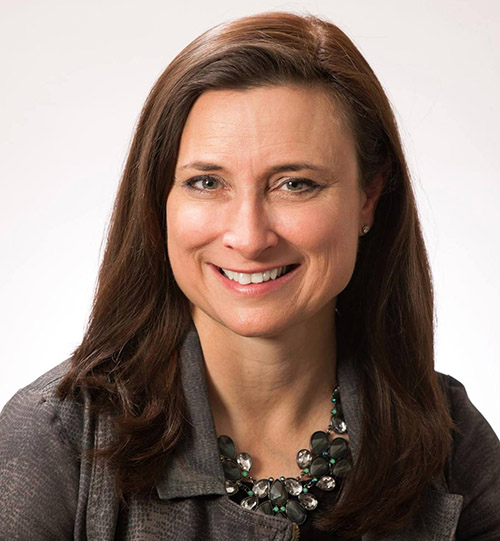
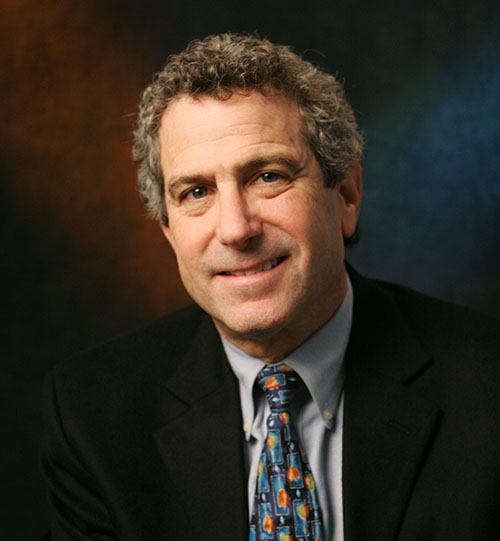
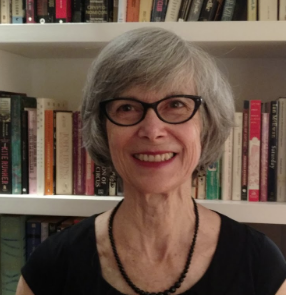
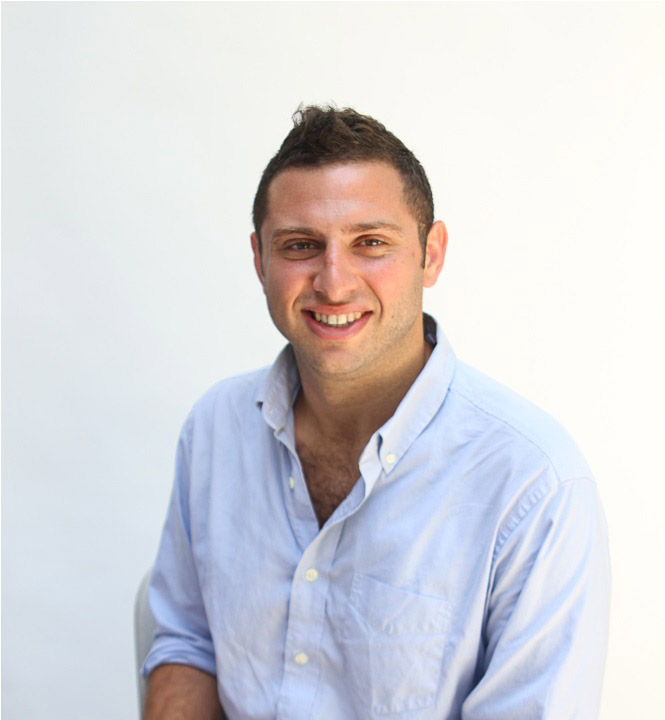
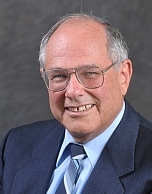
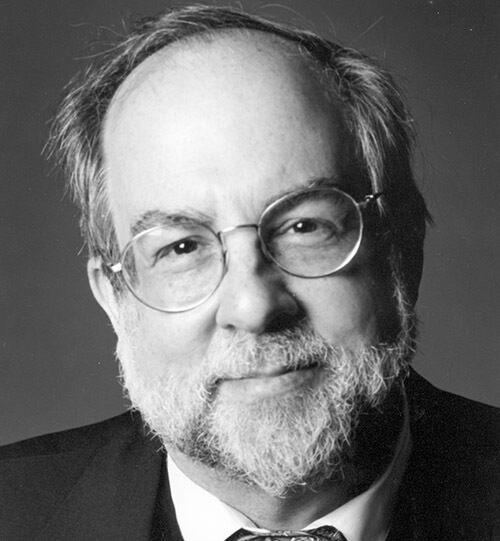
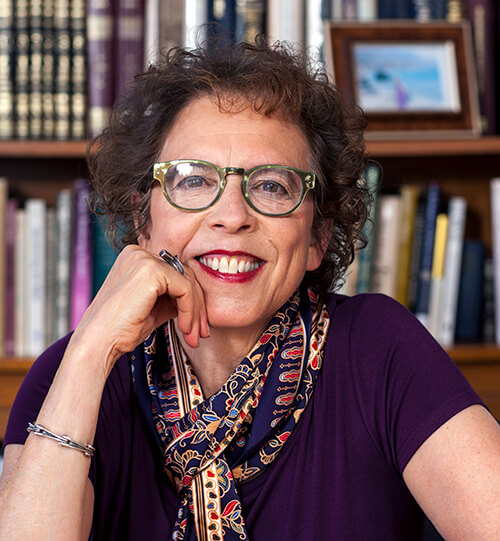
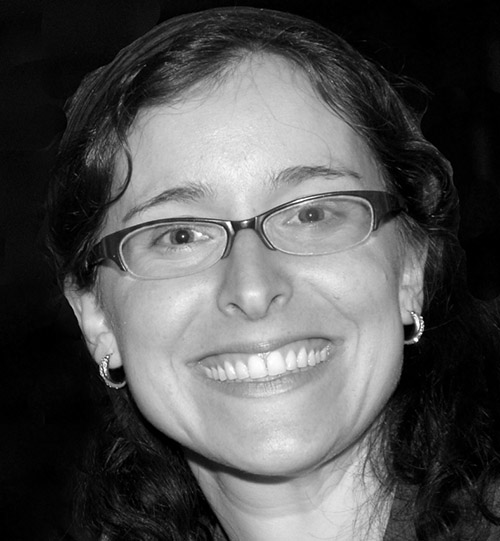
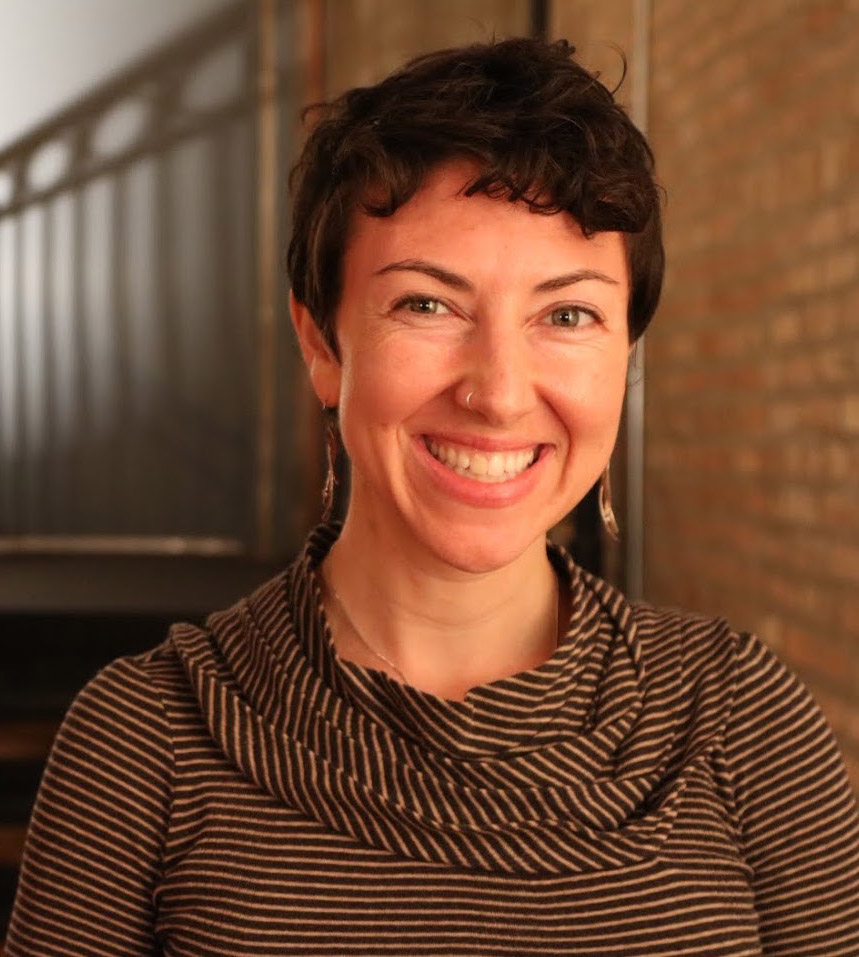
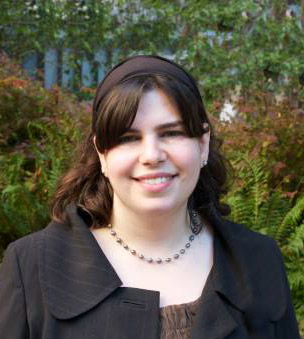
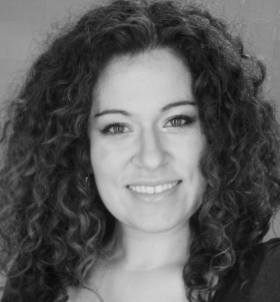
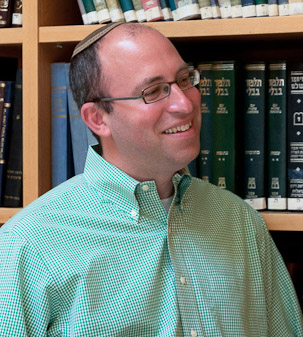
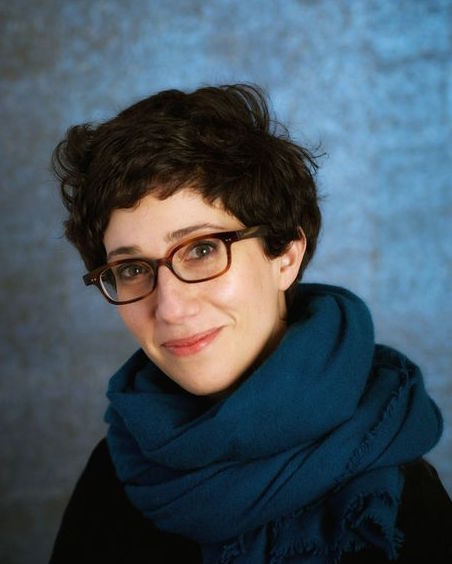
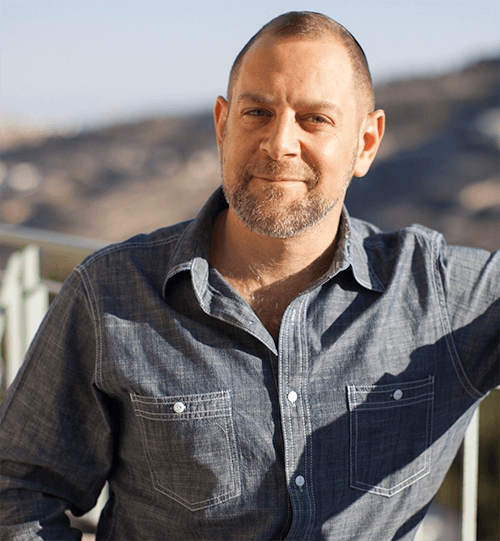
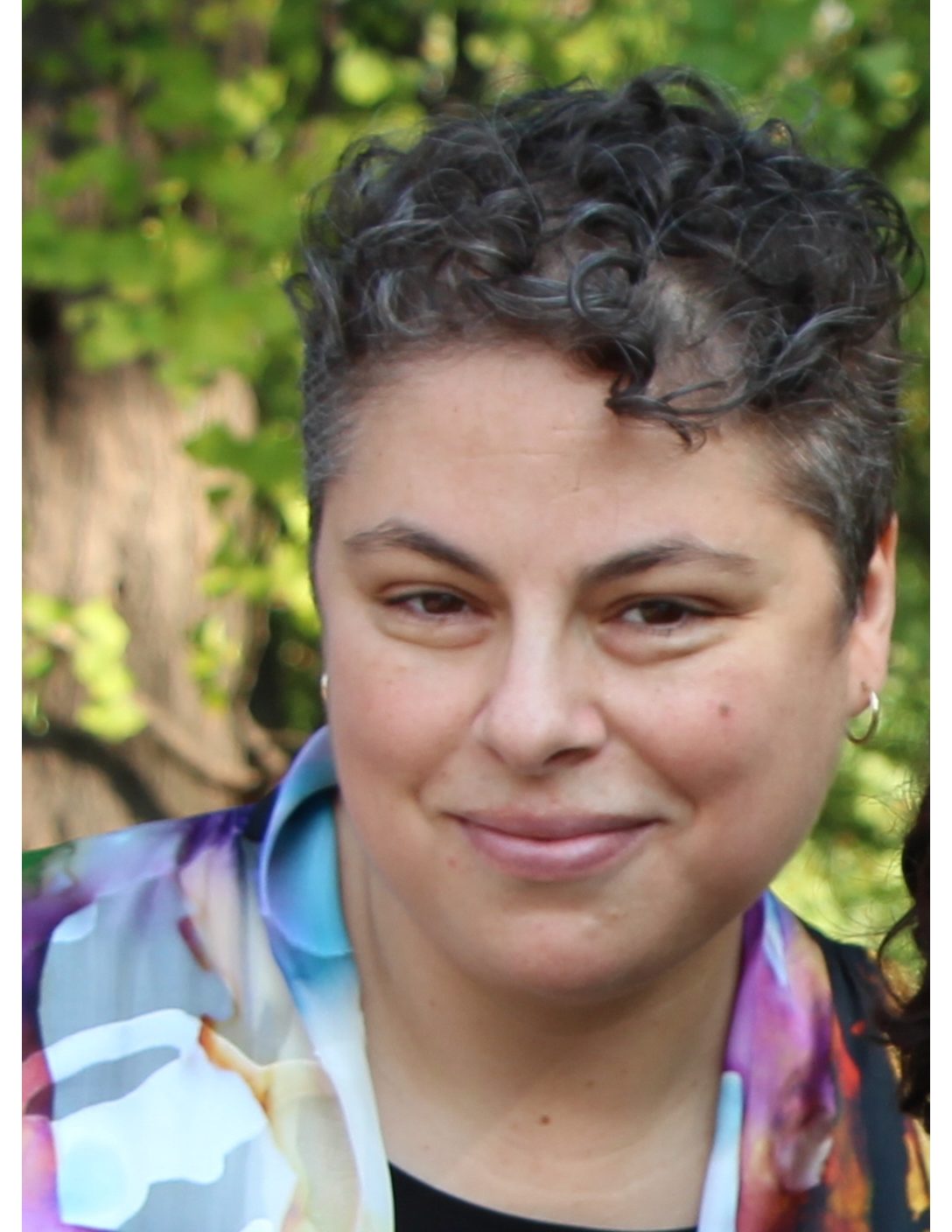
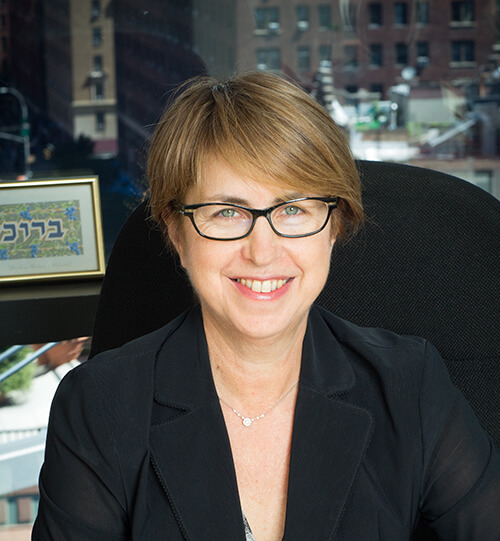
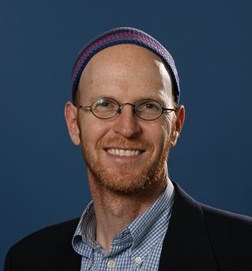
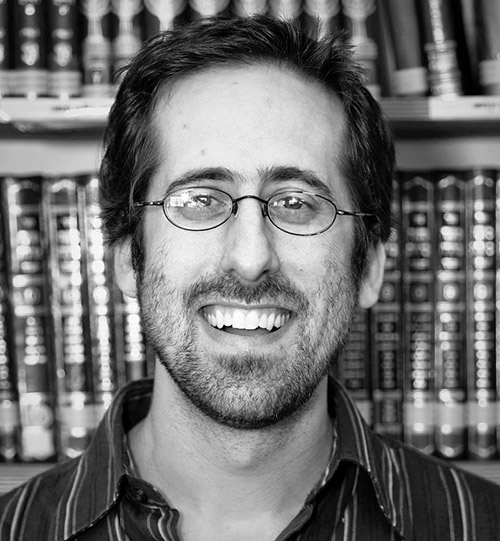
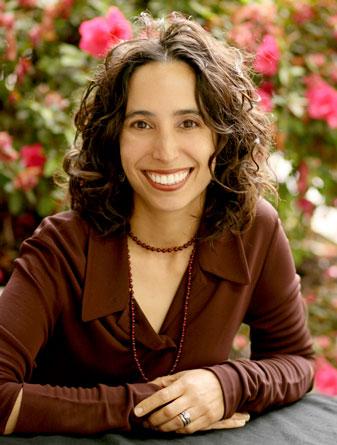
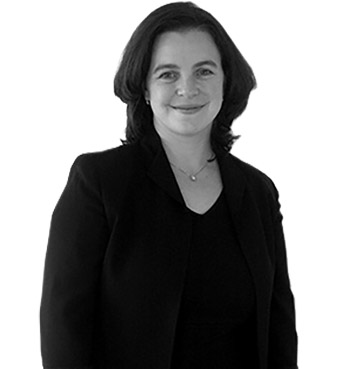
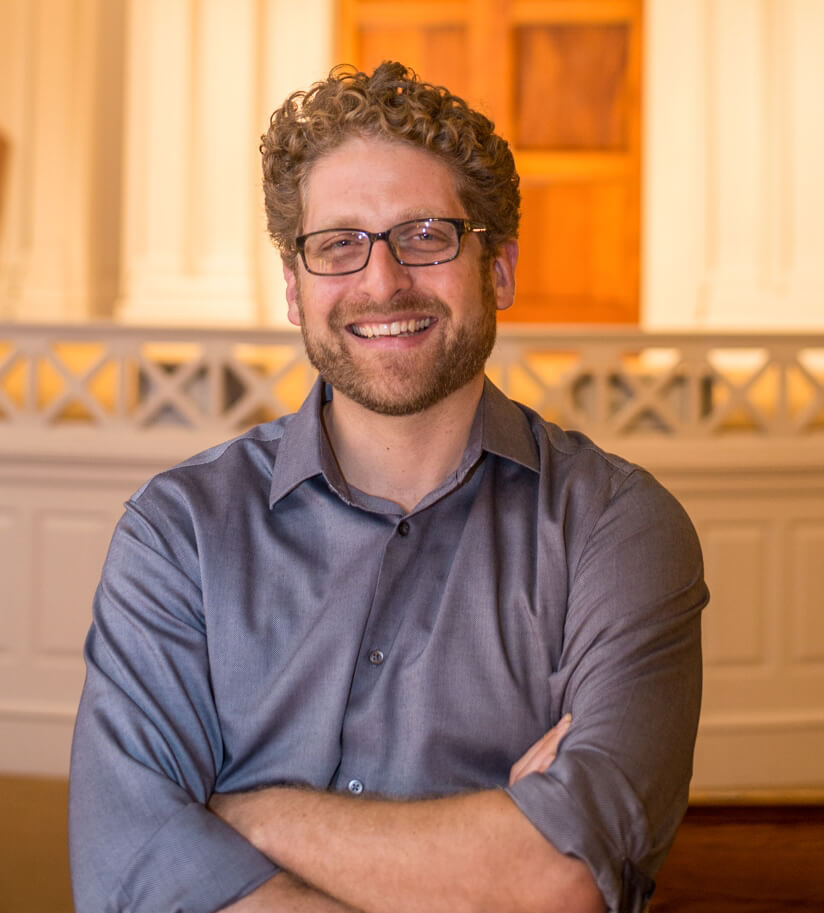
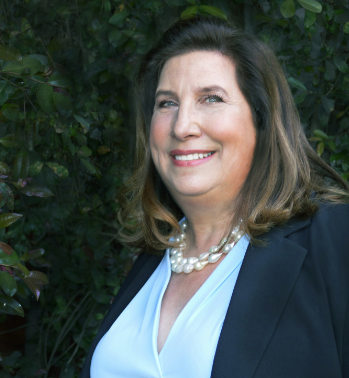
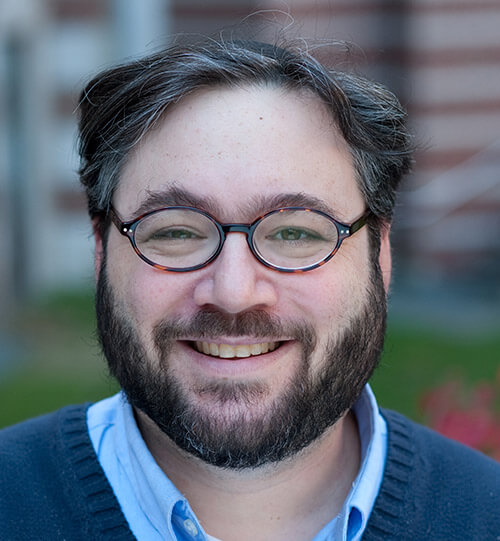
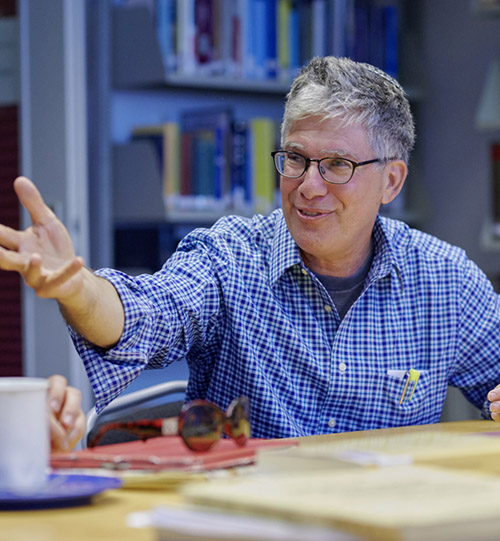
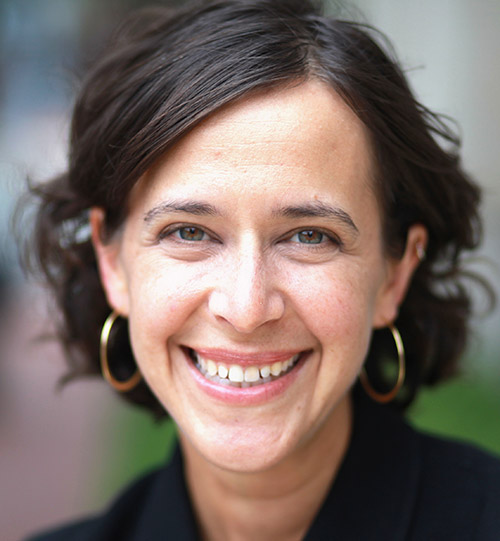
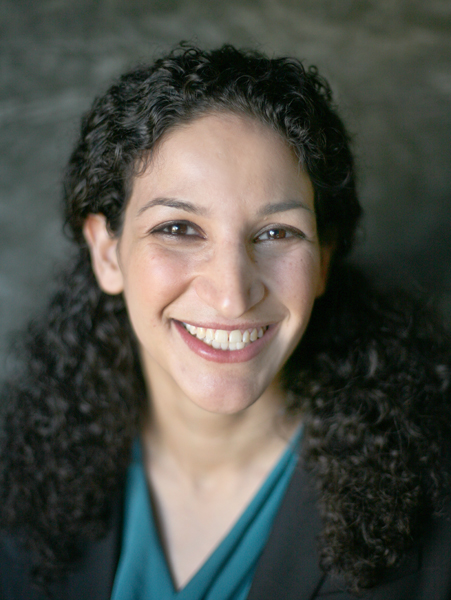
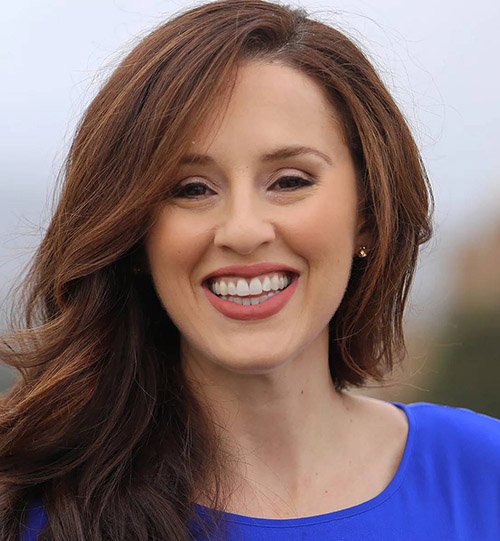
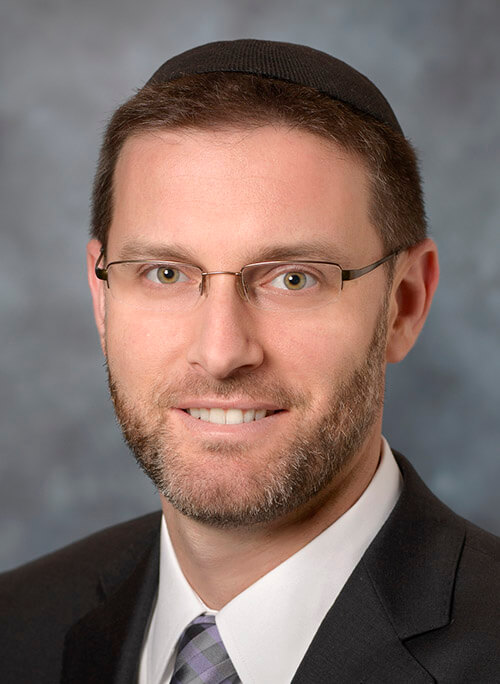
Library
-
Becoming a Friend to the End
The greatest kindness (hesed) we can offer is to participate in the burial process. But we can also bring holiness and comfort to someone approaching death. A story of an unlikely friendship.
-
In Search of a Good Death
In order to honor a dying person until the last moment, it helps to know what that process will look like. Jane Brody describes the potentially confusing final hours or days when a person is “actively dying”.
-
Jewish Burial Equals Green Burial
Each year, more than 90,000 tons of steel and over 2700 tons of copper and bronze are made into caskets. That’s enough metal to build a Golden Gate Bridge. But Jewish burial, like green burial, fosters returning to the earth as naturally as possible.
-
A Ritual to Remove a Wedding Ring
The process of removing a wedding ring after the death of a partner is a significant milestone in the journey of grief. This Jewish ritual draws on traditional liturgy to make that moment meaningful.
-
How Millennials Mourn
Was shiva ever meant to be sat alone? A twentysomething with no kids, no partner, and few adult obligations reflects on coping with parental loss without a conventional family structure in place.
-
Ghosts in the Machine
A profound and unanticipated side effect of technology is that death no longer obeys any laws of finality. Funneled through social media, death lingers longer than a traditional Jewish mourning period of 30 days or 11 months might prescribe.
-
Prayer at the Funeral of Someone Who Committed Suicide
When someone commits suicide, most people struggle to know what to say. Rabbi Joseph Meszler composed this prayer – the words we say when we have no words.
-
To Be Happier Start Thinking More About Your Death
Every year, Yom Kippur (the Day of Atonement) pushes us to consider, “What if this is it? Have I made the most of my time?” Like Buddhist death meditation, these questions can help us reconnect with our existential goals. Arthur Brooks asks, if we applied the “last-year test” to our lives, how much less time would we spend doing bupkes and how much more would we nurture relationships or nourish the soul?
-
Turn Into A Tree When You Die
From the earth we were created, and with these burial pods developed by Anna Citelli and Raoul Bretzel, to the earth we can truly return. You can even choose the type of tree your seed pod will nourish.
-
How Doctors Die
The Torah instructs us to “choose life.” But is that referring to quantity or quality? Ken Murray, MD shares why most doctors choose little end of life treatment for themselves, and are able to die gently.
-
Waking Up To Your World
When Rabbi Eliezer told his students to repent one day before they die, they asked the obvious question: “how do we know when that day is?” Of course, we never know how much time we have left to fulfill the potential of our precious human birth. Given this, Pema Chodron asks us to consider, what is most important?
-
The Bitter End
The students of Rabbi Judah the Prince desperately prayed that he should be stay alive, but a handmaid saw his suffering and intervened to help him die peacefully. Sometimes, as Jesse Ellison describes with her 92 year old grandmother, the most graceful thing one can do with death is accept it. But is this possible in America’s health care system?
-
Ten Commandments for the Caregiver
Rabbi Earl Grollman offers ten practical and compassionate commandments for concerned caregivers.
-
Reconsidering Kaddish: Four New Approaches to an Old Ritual
Esther Kustanowitz interviews four people who are adding their own spin to the traditional practice of reciting the Mourner’s Kaddish.
-
It’s Time We Talk
In this exceptional Yom Kippur sermon, Rabbi Ed Feinstein implores us to do the hard work – have the difficult conversations, draft wills, complete advanced directives – in order to leave gifts of peace, wholeness and gratitude in death.
-
Sabbath
In his deeply personal style, neurologist Oliver Sacks traces the ways in which the Jewish Sabbath helped instill a sense of purpose and peace in his life, even and especially in the face of death.
-
The Space Between Mourning and Grief
Jewish tradition tells us we must mourn in community, but it likely never anticipated the complexities of mourning in an age of social media. Claire Wilmot explores how to grieve empathically in the digital world.
-
Getting Dead Loved Ones #Offline
At Jewish funerals, dirt is tossed on the coffin to symbolize the finality of a life lived. But with social media today, further steps are required to ensure the finality of one’s digital footprint. This practical guide offers instructions on what to do with the online accounts of a loved one who has died.
-
Forever Letters
Writing ‘forever letters,’ Elana Zaiman says, brings people face to face with their values and what they’ve learned through the years.
-
The Unique Loneliness of Grief
With loss, immense loneliness and isolation often follow, Perhaps that is why Judaism has laid out such a detailed and structured mourning process. This secular article expands on the loneliness precipitated by the death of a loved one and offers some thoughts on how best to navigate that trying time.
-
The Moral Bucket List
Upon our arrival at the gates of Heaven, Judaism tells us that our entry is determined by the content of our character rather than our achievements. David Brooks asks, by what values are we living our lives, and are they what ultimately matter in life?
-
Grief Landscapes
Here, an artist captures personalized grief through photography, as a source of healing for those experiencing loss.
-
My Mother’s Death and Why Writing an Ethical Will is Important
After the deaths of his parents, Rabbi Jon Rosove reflects on how he wishes they had left him an ethical will.
-
Do Not Go Gentle Into That Good Night
Poet Dylan Thomas offers a hypnotic composition about the dying process. His chutzpadik charge rails against more conventional approaches.
-
Traditional Jewish Mourning Practices
The Kavod v’Nihum society explains the stages of mourning in the Jewish tradition, from the moment of death through the yahrtzeit, the annual anniversary of death.
-
Good Grief: Is There a Better Way to Be Bereaved?
Elisabeth Kubler-Ross famously changed the conversation around grieving when she articulated the stages of grief, yet in Western cultures, we don’t know how to grieve anymore. Meghan O’Rourke says we understimate the power of ritual and community in the grieving process.
Press
Stories
We love hearing stories from all of you out there who have survived a death dinner! The beautiful collection we've gathered so far are shared here - feel free to take your time and peruse. If you'd like to add your story to our anthology, share it with us or tag us with #deathdinner. If you haven't had your dinner yet, get started below.
After Dinner Tools
While the power of participating in a dinner stands on its own, we want to use the momentum of these engagements to encourage people to formalise their end of life plans and access State and Territory resources. A recent survey found that 82% of people believe that it is important to put their values and wishes in writing, yet only 23% have followed that task through to completion. We are thrilled to be collaborating with these organisations that will give you the tools to put your wishes in ink!
MyValues
MyValues is a set of specially constructed statements designed to help you identify, consider and communicate your wishes about the medical treatment you would want in the later stages of life. After answering a series of questions, a MyValues Report is generated. You can share this report via print or email so your wishes are understood and respected. A MyValues Report is a personal document that, once lodged, becomes something that your family and medical staff should take into account when treating you in the event that you are incapable of communicating your wishes.
https://www.myvalues.org.au/
Advance Care Planning Australia
Advance Care Planning Australia will help you to think about your future health care choices and help you to write your wishes down. Making decisions about your future health care is called advance care planning. It can help those closest to you to make health care decisions on your behalf if you became too unwell in the future to make decisions for yourself.
http://advancecareplanning.org.au/
State / Territory Resources
Across Australia, every competent adult has the right to consent to and to refuse medical treatment. This right is the fundamental basis of advance care planning. In Australia, the law comes from two sources: decisions made by the courts (Common Law) and laws passed by Parliament (Statute Law). All States and Territories have statute laws regarding guardianship. All have statutes enabling the appointment of a substitute decision maker for medical treatment. All, except Tasmania, but with significant variations, have statutory documents regarding advance care directives or refusal of medical treatment. Find information and documents relevant for your State or Territory.
http://advancecareplanning.org.au/contacts-and-links/
Dying to Talk
Palliative Care Australia has created an easy step-by-step guide to reflect on your discussion and provides activities to support further End of Life Care planning. This includes writing down your wishes for End of Life Care. It also covers topics like organ donation and planning for what you want done with your social media accounts. Any early planning you do will make that difficult time easier for your family. Download the Starter Kit below, and jump in.
CareSearch
Funded by the Australian government, CareSearch is a palliative care knowledge network. It brings relevant evidence and quality information to palliative care.
http://www.caresearch.com.au/
Books and other resources
- Being Mortal by Atul Gawande
- The Top 5 Regrets of the Dying by Bronnie Ware
- The Endless Table by Micahel Hebb
- The End by Bianca Nogrady
- Tell Me the Truth by Dr Ranjana Srivastava
- Dying For A Chat, by Dr Ranjana Srivastava
- The Four Things that Matter Most by Dr Ira Byock
- The Truth about Grief by Ruth Davis Konigsberg
- The Bottom Drawer Book by Lisa Herbert
- The Rest Easy Journal by Shanna Provost
- The Intimacy of Death and Dying
- Sacred Dying by Megory Anderson
- The Art of Death Midwifery by Joelle St Pierre
- Midwife for Souls by Kathy Kalina
- The Needs of the Dying by David Kessler
Resources will be regularly updated –
To be informed of all updates please subscribe to our mailing list and join us on Facebook and Twitter
Founders
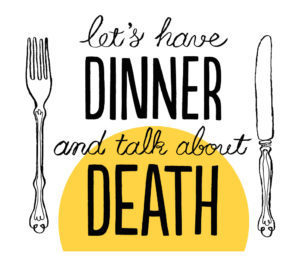
Death Over Dinner
Death Over Dinner was originally designed in the U.S. by Michael Hebb and Angel Grant to encourage people to have conversations about end of...
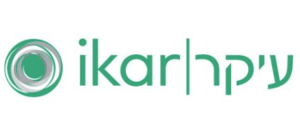
IKAR
IKAR launched in 2004 in an effort to reclaim the vitality and relevance of Jewish religious practice and reimagine the contours of Jewish community. IKAR is seen as a positive and proactive response to shifting trends in affiliation and communal engagement...
Partner With Us
Partner with Us and Create Dinners with Your Community
For those looking to engage larger groups and activate a community-wide transformation, we invite you to sign up as a Community Partner to access our DIY toolkit where you’ll find best practices and programming suggestions. We have beautiful, expertly-created Conversation Cards to frame your event and get you started!
Death Over Dinner-Jewish Edition has already partnered with fifteen unique organizations and communities to use this platform to engage in discussions around the way we die – end of life decisions, death rituals, what happens after we die, the most important conversation Americans are not having. We’re excited to share this program and our resources with your community!
Death Over Dinner- Jewish Edition is a meaningful program for any organization:
- Moishe House
- Synagogue
- Hillel
- Jewish community center
- And other diverse institutions
Sign up using the form to access our digital tools today!
Questions? Contact us at partners@rebooters.net

